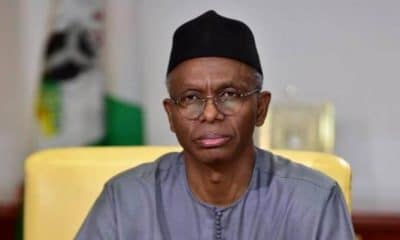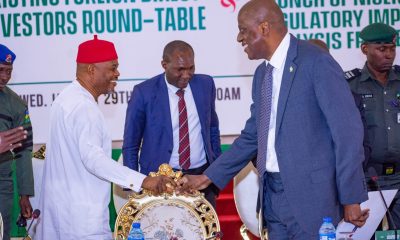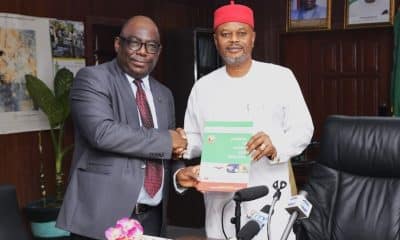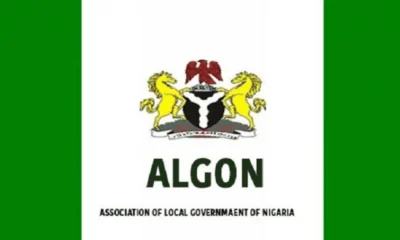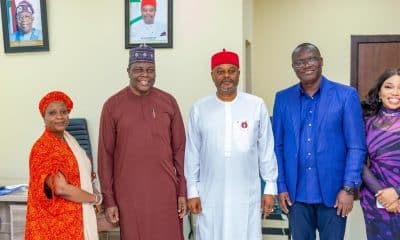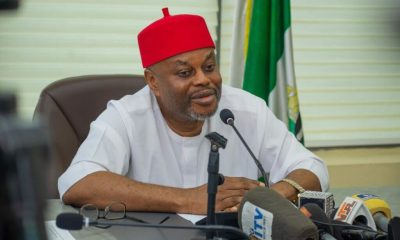Nigeria News
Nigeria Faces Profound Energy Crisis – Nnaji
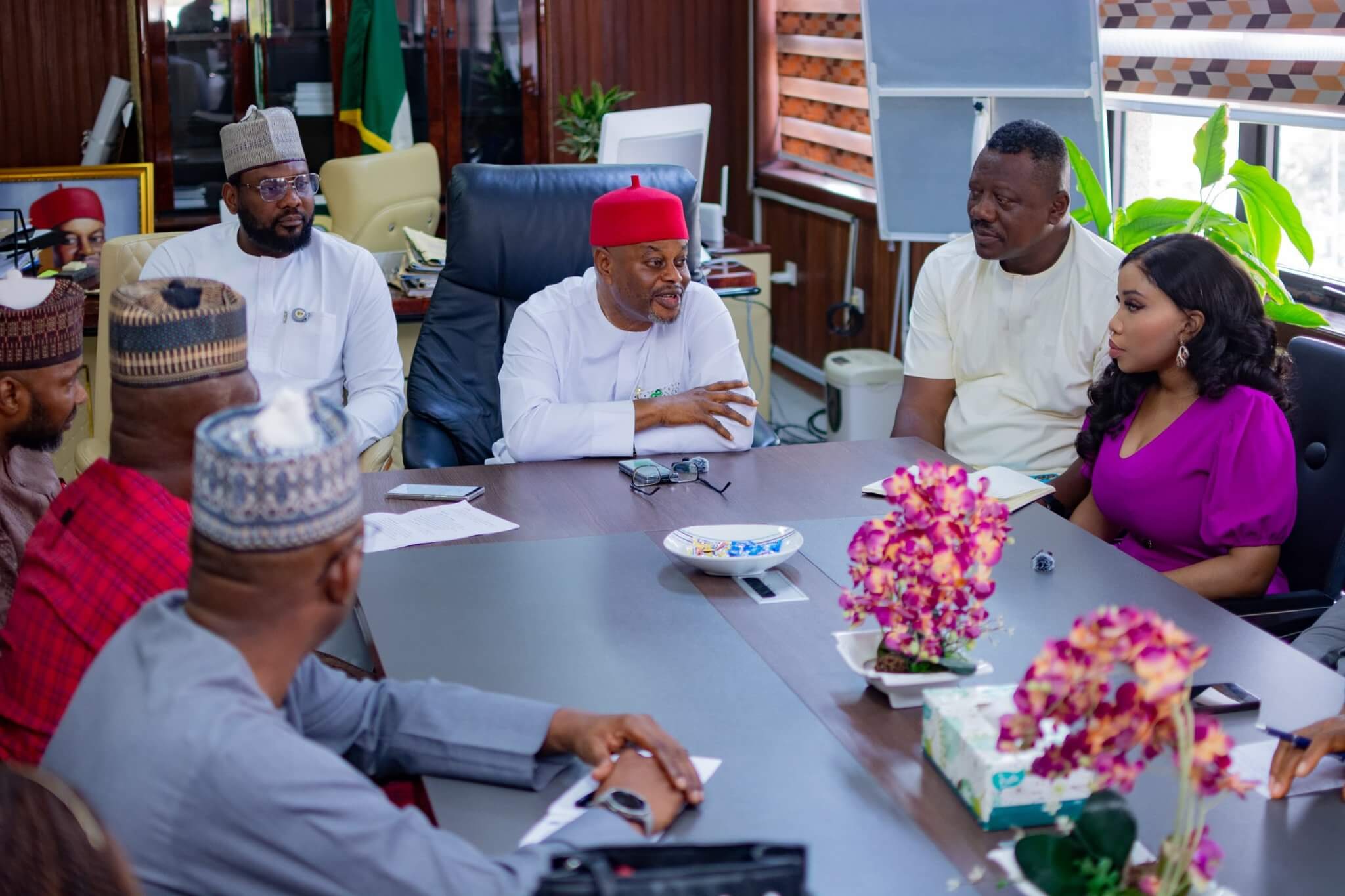
The Minister of Innovation, Science and Technology, Uche Geoffrey Nnaji, has said Nigeria’s energy challenges were responsible for the slow growth and development of the country.
Geoffrey Nnaji said the effects of the country’s energy challenges were more profound in rural areas, hampering the economic viability of rural people.
He noted that it was time for concerted efforts to address the challenges of Nigeria’s energy, stating that energy access is not an infrastructure issue but a social justice.
The Minister of Science and Technology stated this in a meeting with the leadership of the Association of Local Governments of Nigeria (ALGON), in Abuja.
At the meeting, ALGON representatives led by its National President, Engr. Bello Lawal presented ‘Sustainable Energy Access Project (SEAP)’, which would serve as a guideline for addressing energy crises affecting rural areas across the country.
Nnaji emphasized that the potential of SEAP aligned with the ministry’s mandate to drive innovation, foster technological advancements, and contribute to achieving Sustainable Development Goal 7: affordable and clean energy for all.
“As we all know, Nigeria faces a profound energy crisis, particularly in rural areas, where the lack of reliable energy hampers development and devastates livelihoods. Energy access is not just an infrastructure issue; it is a social justice imperative.
“Through the SEAP initiative, it creates a possibility to provide reliable, affordable, and sustainable energy solutions for cooking, transportation, and other essential needs, unlocking the economic potential of our rural communities,” he said.
He explained that the SEAP presented the opportunity to liberate millions of Nigerians from the grip of energy poverty. While acknowledging the critical need for stakeholders’ investment to achieve the project, he emphasized that the project holds immense rewards when implemented.
“The SEAP initiative represents an unparalleled opportunity to liberate millions of Nigerians from the grip of energy poverty. It will require significant investments, robust stakeholder engagement, and capacity-building efforts, but the potential rewards are immense. By integrating energy solutions into rural development plans, we can uplift communities, improve livelihoods, and create a platform for shared prosperity across Nigeria,” he stated.
Nnaji assured that the Ministry “is deeply committed to this mission. The ministry’s role in SEAP will include offering technical and policy expertise, fostering partnerships, and crafting a comprehensive roadmap for sustainable energy access.
‘This aligns seamlessly with His Excellency, President Bola Ahmed Tinubu’s vision of strengthening local government councils as drivers of grassroots development and socio-economic growth.”

